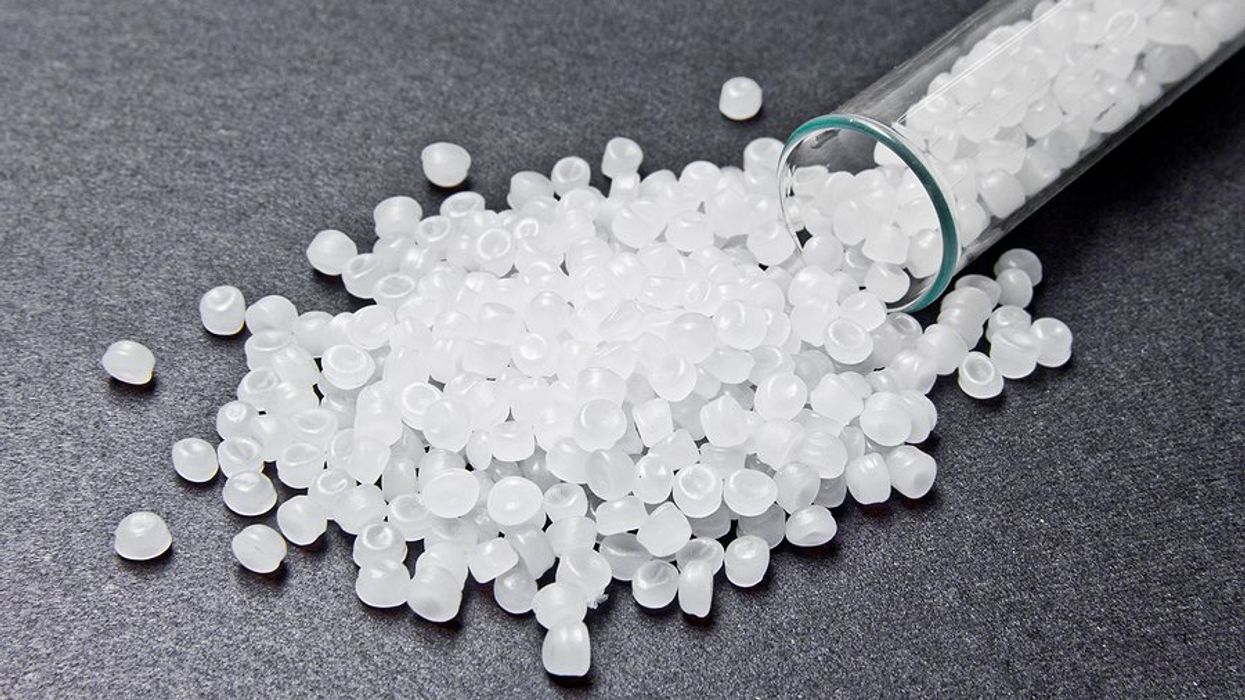According to a recent study published by Environmental Research, exposure to endocrine disrupting chemicals such as bisphenols and phthalates may impact a couple’s ability to conceive.
In short:
- Preconception exposure to higher levels of some phthalates in women was associated with a higher risk of miscarriage, although other exposures were associated with a lower risk.
- Women exposed to higher levels of Bisphenol S, a common replacement for Bisphenol A in products labeled “BPA-Free,” took longer to get pregnant.
- Couples exposed to some phthalates experienced a shorter time to pregnancy.
Key quote:
“While pregnancy matters, it may be exposures even before pregnancy that impact how the baby does.”
- Study author Dr. Leo Trasande, speaking with NYU Langone Health Magazine about chemical exposures from everyday products
Why this matters:
Endocrine disrupting chemicals can be found in many consumer products. Phthalates and phenols in particular are common ingredients in plastic packaging, personal care products and cleaning products. Research has shown that EDCs are associated with a number of pregnancy complications, including hypertension, preeclampsia, and gestational diabetes. The authors of this study emphasize the need for further research to better understand the impacts of chemical exposure on both male and female fertility, as well as the developing fetus.
Related EHN coverage:
- Endocrine disrupting chemicals linked to persistent nausea during pregnancy
- Op-ed: A stalled global plastic treaty threatens our future fertility
More resources:
- SafetyNEST provides resources on how to reduce environmental exposures while pregnant and in the home.
- American College of Obstetricians and Gynecologists: Reducing Prenatal Exposure to Toxic Environmental Agents
Blaauwendraad, Sophia et al. for Environmental Research vol. 278. Aug 1, 2025

























